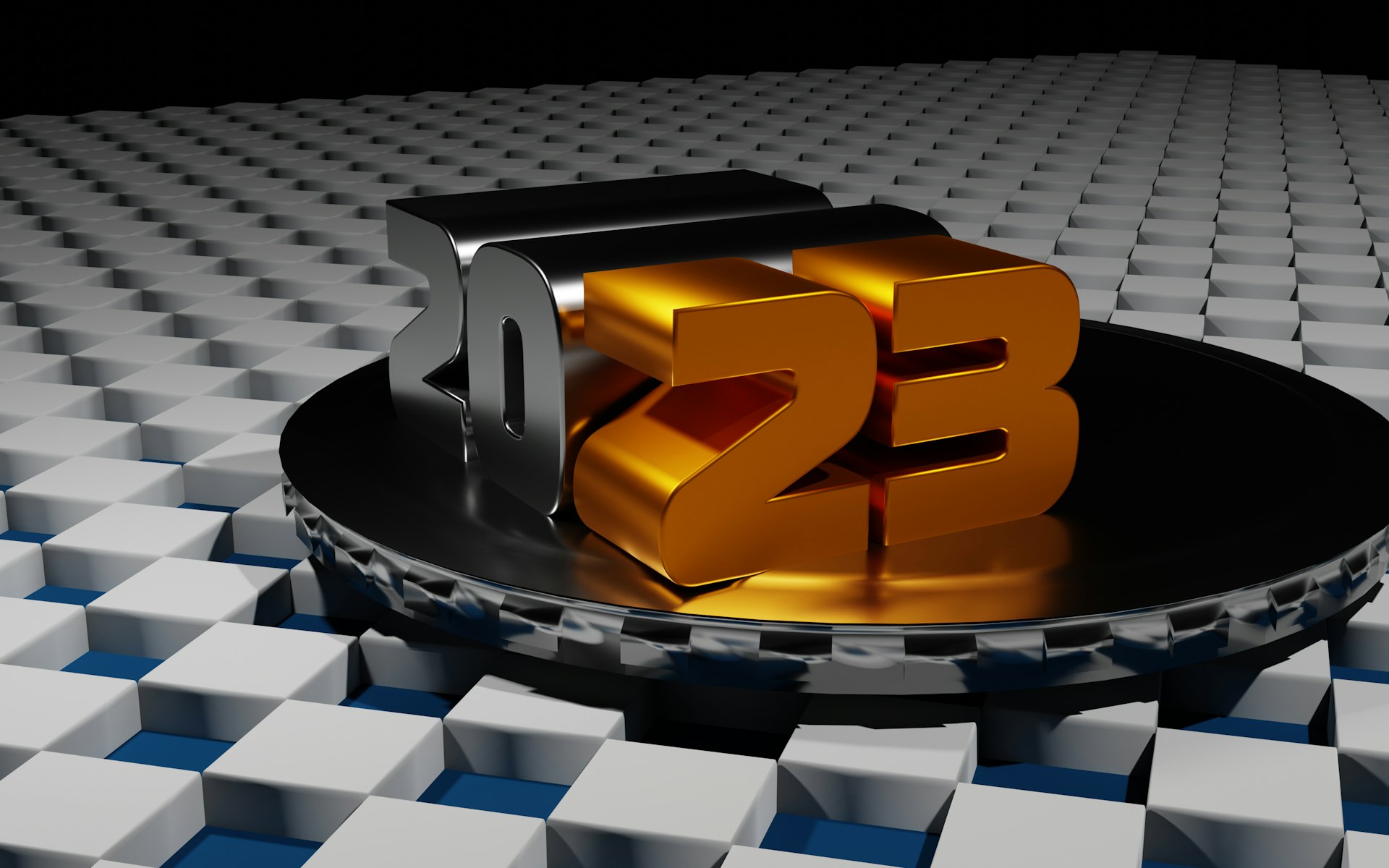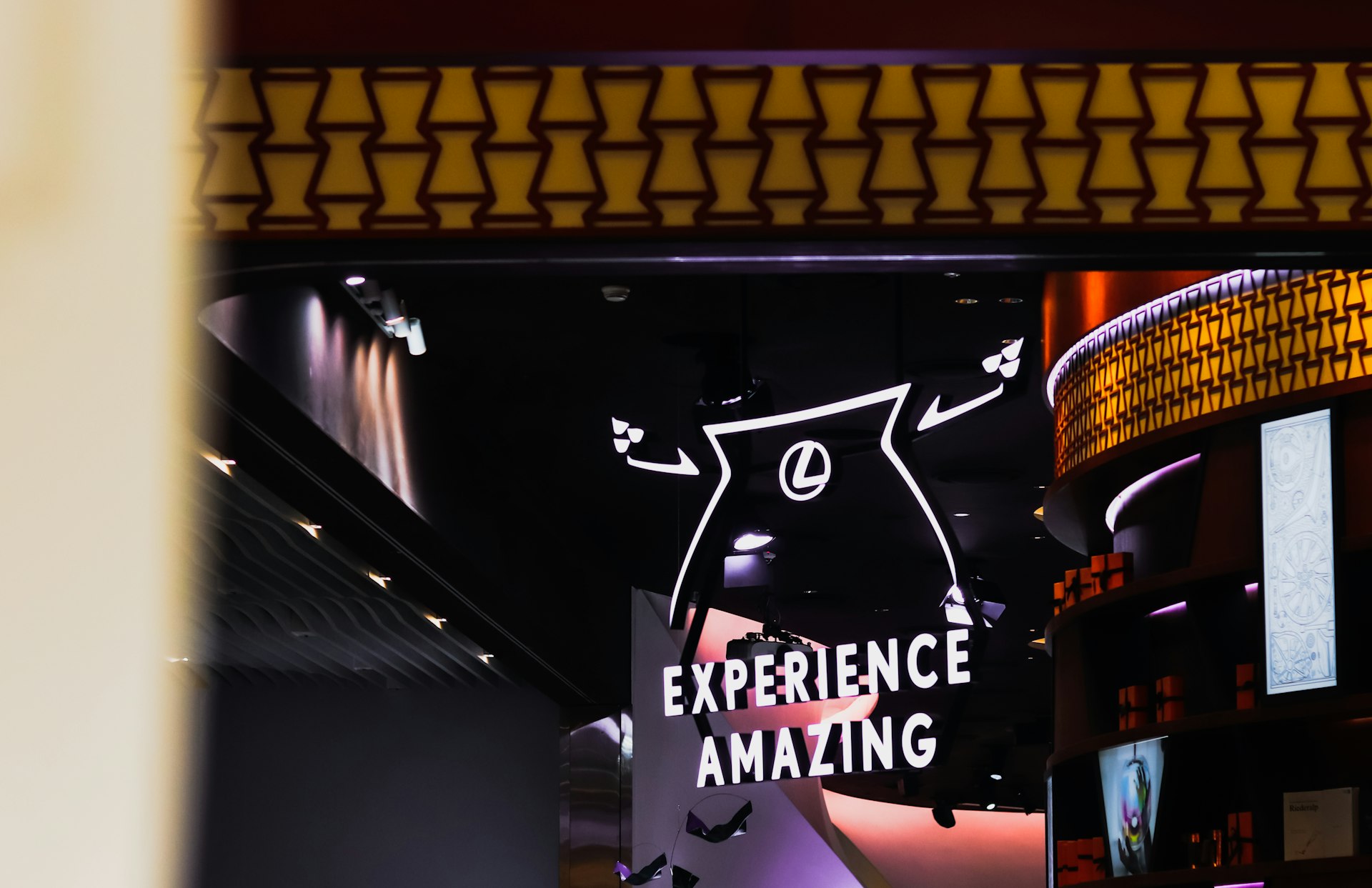How Influencer-Driven Campaigns Are Powering the Electric Vehicle Market

Photo by ZBRA Marketing on Unsplash
Introduction: The Rise of Influencer Marketing in the Electric Vehicle Sector
Electric vehicles (EVs) are reshaping the transportation landscape, and brands face the challenge of convincing mainstream consumers to make the switch. Traditional advertising often falls short in communicating the lifestyle and technological benefits of EVs. Influencer-driven campaigns are emerging as a powerful solution, leveraging trusted voices to build awareness, inspire engagement, and drive sales. In this analysis, we examine the effectiveness, challenges, and best practices of influencer-driven EV marketing campaigns, supported by recent case studies and actionable guidance.
Key Benefits of Influencer-Driven EV Marketing Campaigns
Influencers provide a credible and relatable voice for new technology, especially in sectors like electric vehicles where consumer skepticism can be high. Their ability to share authentic experiences-such as real-world driving, charging, and maintenance-can demystify EV ownership. According to recent research, influencer content increases consumer engagement, strengthens brand loyalty, and directly impacts purchase intent, particularly among younger, environmentally conscious audiences [1] .
For example, influencers who highlight the environmental benefits of EVs appeal to consumers prioritizing sustainability, while those focusing on cost savings and advanced features attract tech-savvy buyers. When influencer values align with brand messaging, campaigns can see a significant uptick in conversions [1] .
Real-World Campaigns: Success Stories and Models
Volkswagen’s TikTok Campaign
Volkswagen introduced its new EV model using a multi-stage TikTok campaign. The brand began with a TopView ad to maximize reach, followed by creator-led In-Feed Ads featuring popular influencers. These videos showcased practical benefits of electric vehicles, such as quiet operation and environmental impact, through everyday family experiences. The campaign reached over 23 million users and generated 65 million impressions, using storytelling to make EVs relatable and desirable [3] .
VinFast VF 3: Livestream Social Commerce
VinFast, a Vietnamese EV brand, executed a three-day influencer-driven livestream campaign to launch the VF3. By partnering with prominent TikTokers and livestreamers, VinFast created buzz, built FOMO, and persuaded viewers to place pre-orders. Content included car reviews, product demonstrations, and lifestyle segments tailored for trendsetting urban audiences. The result was a surge in pre-orders and heightened brand engagement-demonstrating that influencer-led social commerce can be highly effective for automotive launches [5] .
Voyager Electric Vehicles: Building Buzz with Limited Resources
Voyager, a smaller EV brand, leveraged influencer partnerships on TikTok and YouTube to create holiday buzz. User-generated content and authentic reviews helped Voyager stand out against bigger competitors, despite a limited budget and short campaign window. The brand focused on engaging middle schoolers with electric skateboards, demonstrating that targeted influencer marketing can drive results even for niche products [4] [2] .

Photo by Arno Senoner on Unsplash
Bosch eBike Systems: Omni-Channel Strategy
Bosch eBike Systems partnered with professional kayaker Emily Jackson and her family in a cross-platform campaign. Their credibility and family-friendly content helped position Bosch’s eBikes as practical, desirable options for active consumers. The campaign integrated social media posts, TV appearances, and event activations, reaching diverse audiences and boosting product consideration [2] .
Step-by-Step Guidance: Launching an Influencer-Driven EV Campaign
To implement an effective influencer-driven EV marketing campaign, consider the following steps:
- Define Clear Objectives: Identify the specific goals-awareness, engagement, lead generation, or direct sales. Different objectives require tailored influencer strategies and metrics.
- Profile Your Audience: Segment your target consumers by age, interests, and values. Consider environmental attitudes, tech enthusiasm, and lifestyle factors. Use market research to inform influencer selection and content themes.
- Select Relevant Influencers: Choose influencers whose audience aligns with your campaign goals. Evaluate credibility, engagement rates, and content style. For maximum impact, prioritize those with authentic EV experience or environmental commitment [1] .
- Develop Authentic Content: Collaborate with influencers to create genuine, experience-based content. Encourage storytelling, demonstrations, and real-life use cases. Avoid scripted presentations, which may undermine authenticity.
- Leverage Multiple Platforms: Deploy content across TikTok, Instagram, YouTube, and livestreaming platforms. Use retargeting strategies to nurture leads with follow-up creator content [3] .
- Monitor and Optimize: Track engagement, reach, and conversion metrics. Use feedback to refine content, adjust targeting, or expand influencer partnerships.
- Provide Accessible Information: Ensure that campaign content includes clear steps for learning more, booking test drives, or placing pre-orders. If direct links to purchase or learn more are not available, instruct consumers to visit the official brand website or search for authorized dealers.
For example, if you are interested in booking a test drive for a new electric vehicle, you can search for the brand’s official website and look for local dealership contact details. Alternatively, many brands provide contact forms or customer service hotlines to facilitate inquiries and pre-orders.
Challenges and Solutions in Influencer-Driven EV Marketing
Although influencer marketing offers significant advantages, several challenges persist:
- Authenticity Concerns: Some campaigns risk losing credibility when influencer values do not fully align with brand messaging [1] . To mitigate this, brands should vet influencers for genuine interest in EVs and provide freedom to deliver honest opinions.
- Limited Reach: Social media algorithms and audience fragmentation can prevent campaign content from reaching the intended demographic [1] . Diversifying platforms and using retargeting can help extend reach.
- Technology Barriers: Influencers may not be equipped to address complex EV technology issues, such as range anxiety or charging infrastructure. Brands should provide detailed resources and encourage influencers to direct consumers to official product documentation or customer support.
- Measuring ROI: Determining the direct impact of influencer campaigns on sales can be challenging. Brands can use trackable links, promo codes, or dedicated landing pages to monitor conversions when possible.
Alternative Approaches and Complementary Strategies
While influencer-driven marketing is highly effective, brands can enhance results by combining it with:
- Traditional Advertising: TV, radio, and digital ads can supplement influencer campaigns, increasing frequency and reach.
- Community Engagement: Organize events, online communities, and webinars to deepen relationships and facilitate peer-to-peer advocacy.
- PR and Earned Media: Collaborate with journalists and trade publications to amplify campaign successes and generate news coverage.
In cases where direct purchase links are unavailable, provide consumers with clear instructions: “To purchase or learn more about a specific EV product, search for the manufacturer’s official website and contact an authorized dealer in your area.”
Key Takeaways and Actionable Advice
Influencer-driven campaigns are accelerating adoption in the EV industry by building trust, increasing engagement, and motivating purchase decisions. Success depends on authentic storytelling, strategic influencer selection, and integrated multi-platform execution. Brands should supplement influencer marketing with community engagement, PR, and traditional advertising for maximum impact.
If you are an EV marketer or brand manager interested in launching an influencer campaign, start by identifying trusted voices in your niche, developing compelling content, and providing clear pathways for consumer action-whether that means booking a test drive, joining a webinar, or contacting a dealership.
References
- [1] PowerTech Journal (2023). Analyzing the Economic Impact of Influencer Marketing on Electric Vehicle Sales.
- [2] Franklin Energy Blog (2024). Influencer Marketing Can Advance Transportation Electrification.
- [3] TikTok for Business (2022). Volkswagen Case Study: TikTok Creator-Led EV Launch.
- [4] Get Hyped Media (2024). Influencer Marketing Case Study for Electric Vehicles.
- [5] MMA Global (2024). VINFAST VF 3: How This Car Brand Generated Sales Through Influencer Livestreams.
MORE FROM todayhiring.us













